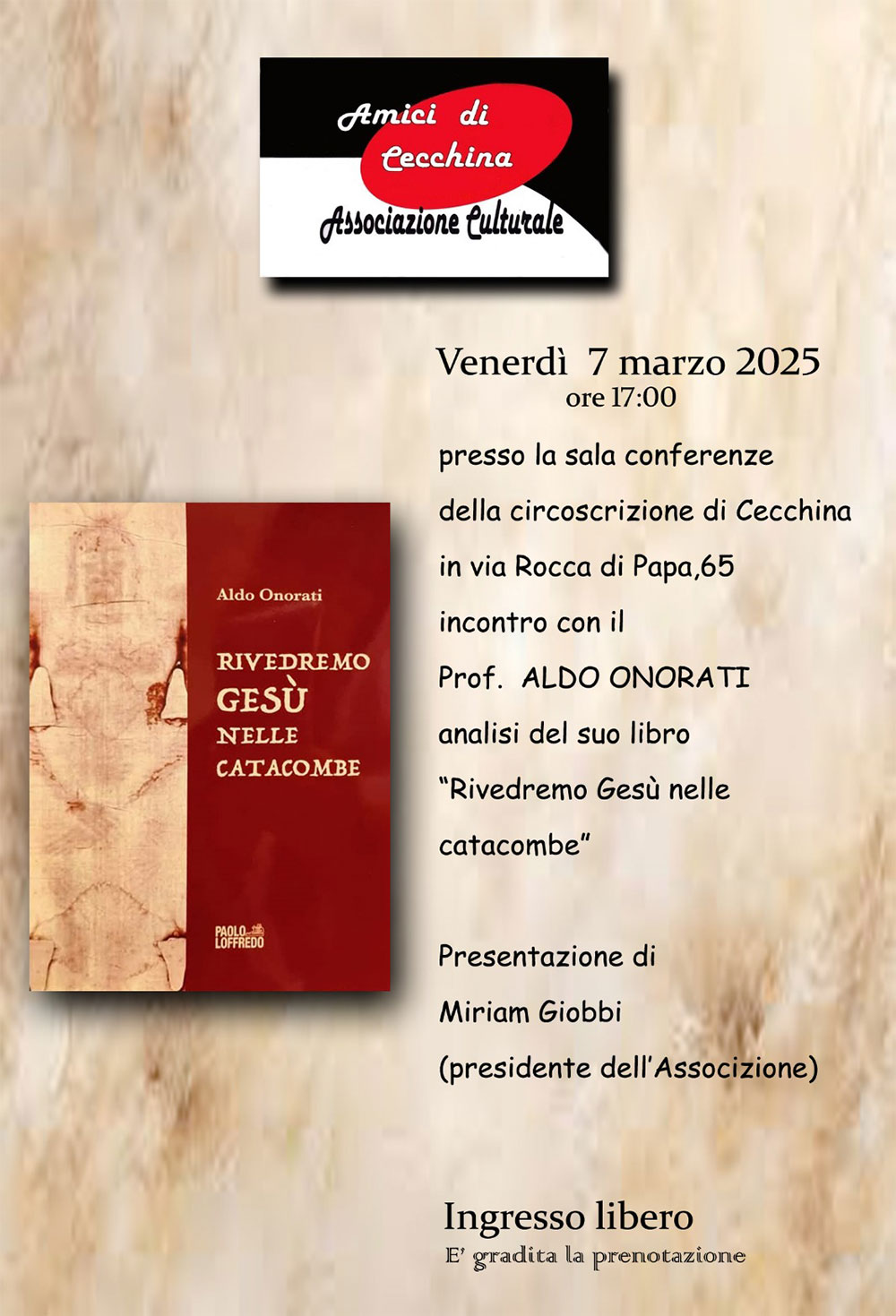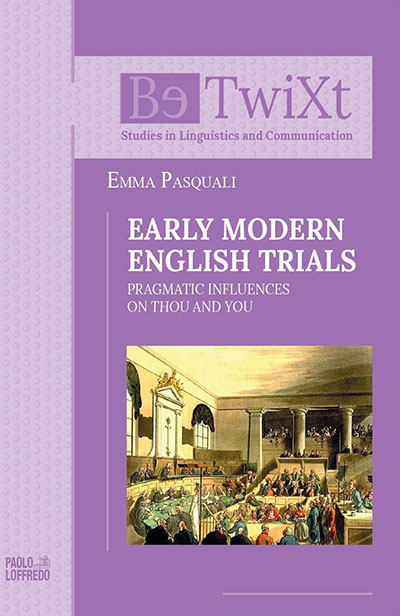 Paolo Loffredo, sixth generation of a large family of publishers and booksellers engaged in the production and distribution of books since the late nineteenth century, creates in 2012 the new editorial company Paolo Loffredo Editore. The historical site was until the '80s in the heart of the historic centre of Naples in Via San Biagio dei Librai, lower Decumano and also known as the SpaccaNapoli.
Paolo Loffredo, sixth generation of a large family of publishers and booksellers engaged in the production and distribution of books since the late nineteenth century, creates in 2012 the new editorial company Paolo Loffredo Editore. The historical site was until the '80s in the heart of the historic centre of Naples in Via San Biagio dei Librai, lower Decumano and also known as the SpaccaNapoli.
At the beginning of the twentieth century, Giuseppe Loffredo decided to add book selling to the book production, which definitively imposed itself after World War II with the publication of manuals for the University and for the School that succeeded in establishing themselves soon throughout Italy.
LAST EVENT
"Rivedremo Gesù nelle catacombe"
07 Marzo 2025 - Sala Conferenze circoscrizione di Cecchina - via Rocca di Papa 65, Albano Laziale (RM) - ore 17,00

EARLY MODERN ENGLISH TRIALS
ISSN: 2611-1349
Language: English
Publisher: Paolo Loffredo Editore Srl

Description
Early modern english trials
Pragmatic influences on thou and you
The present book illustrates the design of and analyses the Corpus of Early Modern English Trials (1650-1700), henceforth the EMET, a hi¬ghly specialized historical corpus of trial proceedings. The main pur¬pose of the creation of the above-mentioned corpus is to shed light on the pragmatic aspects of Early Modern spoken English, since trial proceedings are considered records of authentic dialogues (Culpeper and Kytö 2010: 17).
After introducing Early Modern English society and discussing pre¬vious research, which deals with a limited amount of data, the archive consultation phase, the criteria behind the selection of the trials and the technical stages that are necessary for the uploading of a corpus on #LancsBox and its study are illustrated. Then, the EMET itself is presented, and macro (quantitative) and micro (qualitative) analyses – which take into account both pragmatic and sociolinguistic factors – are carried in order to understand the pragmatic influences on T-for¬ms and Y-forms.



